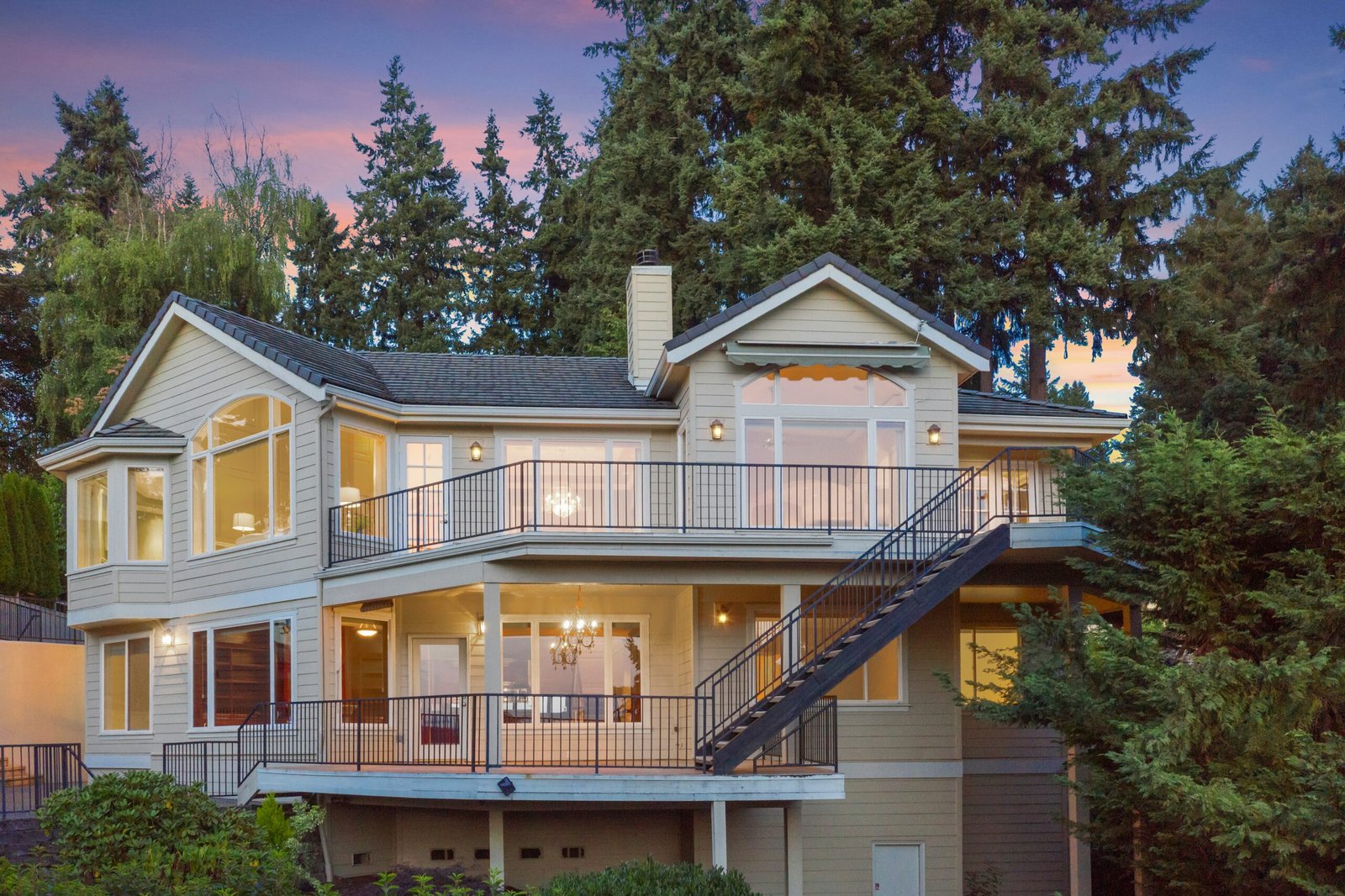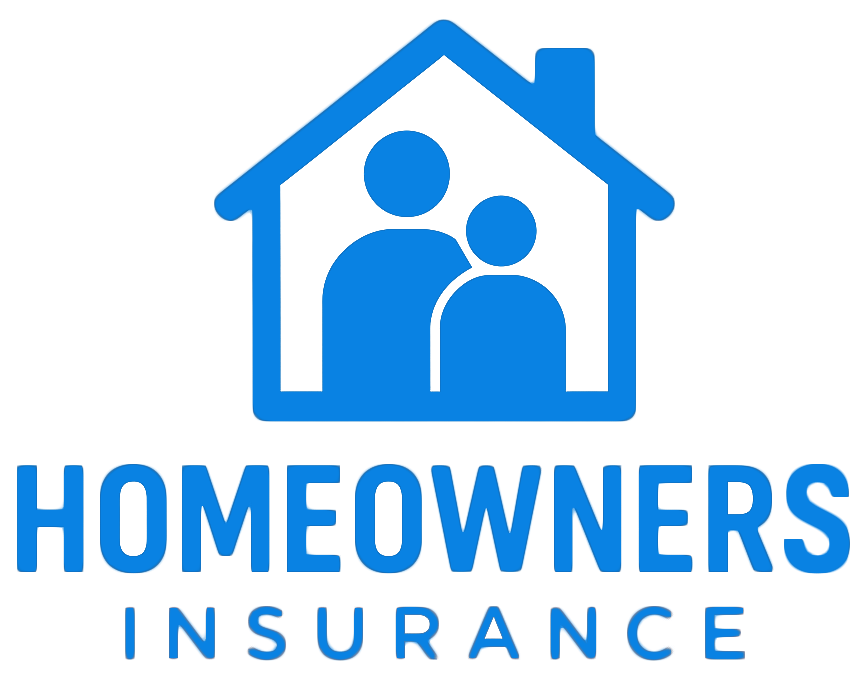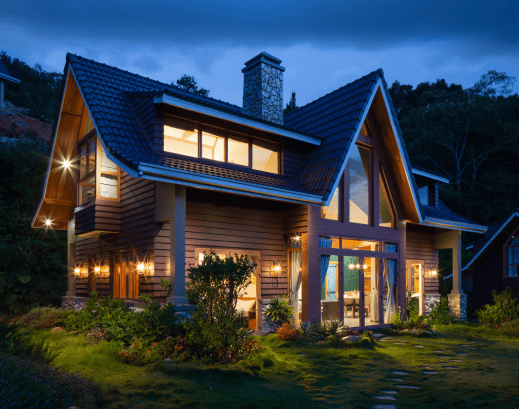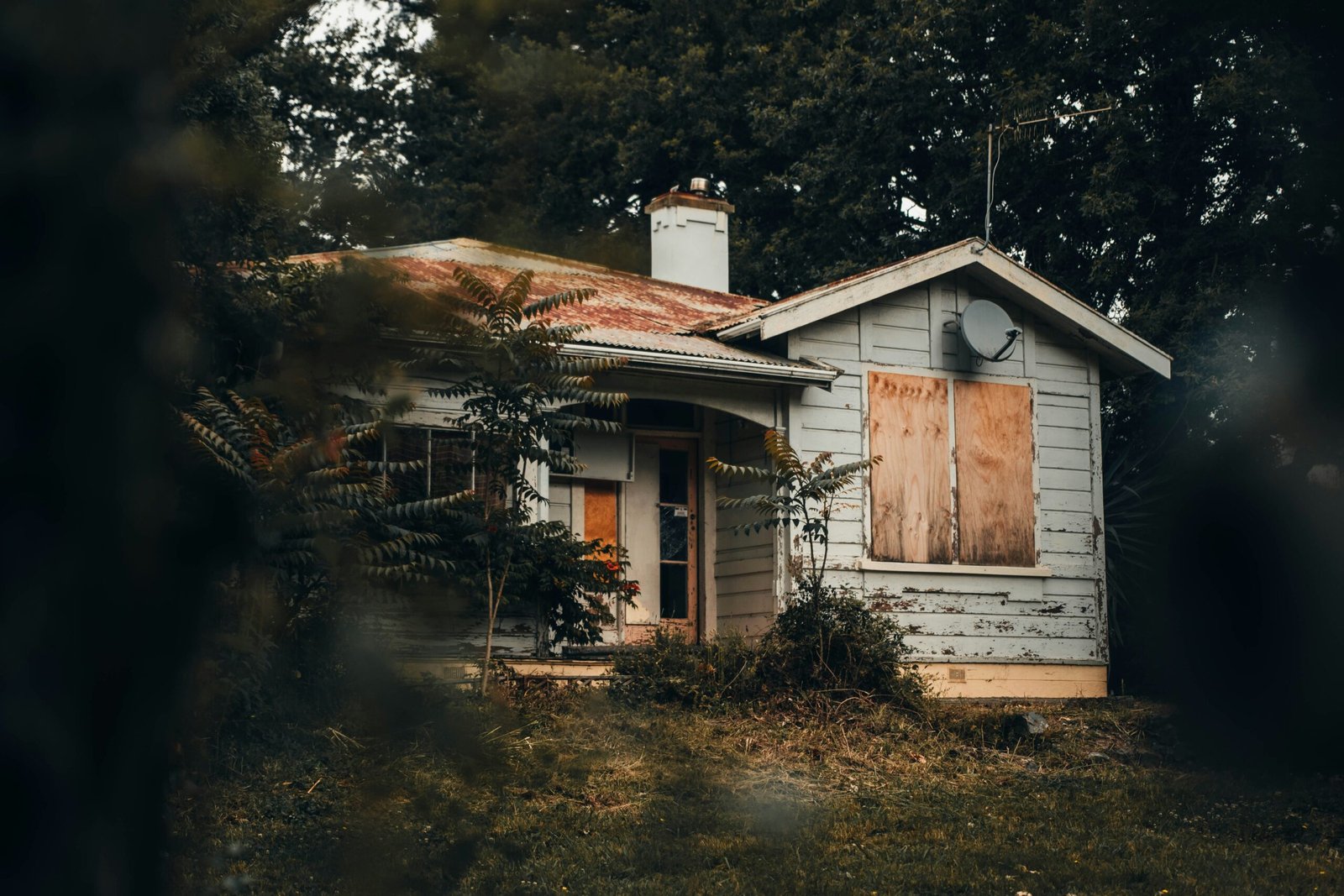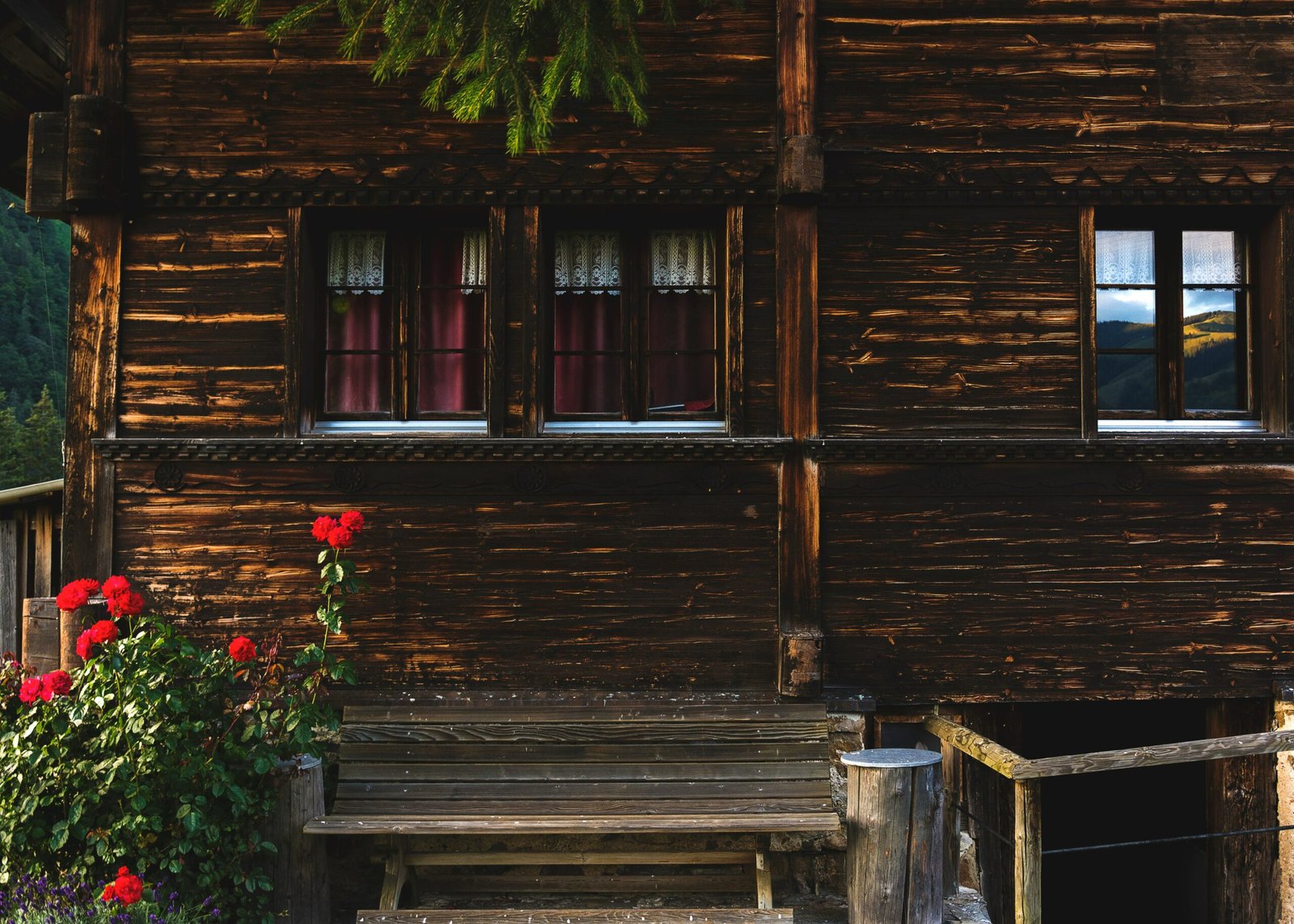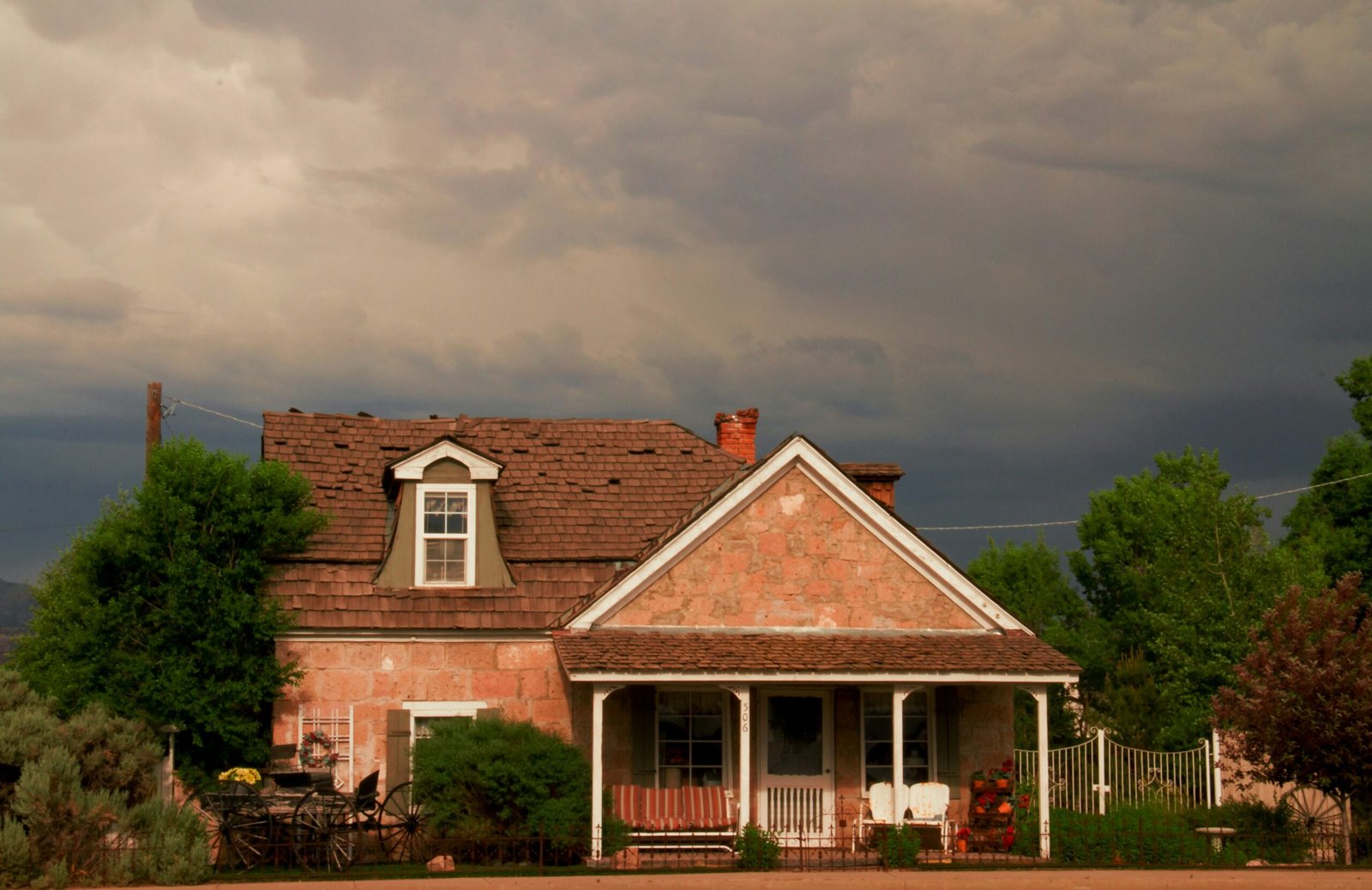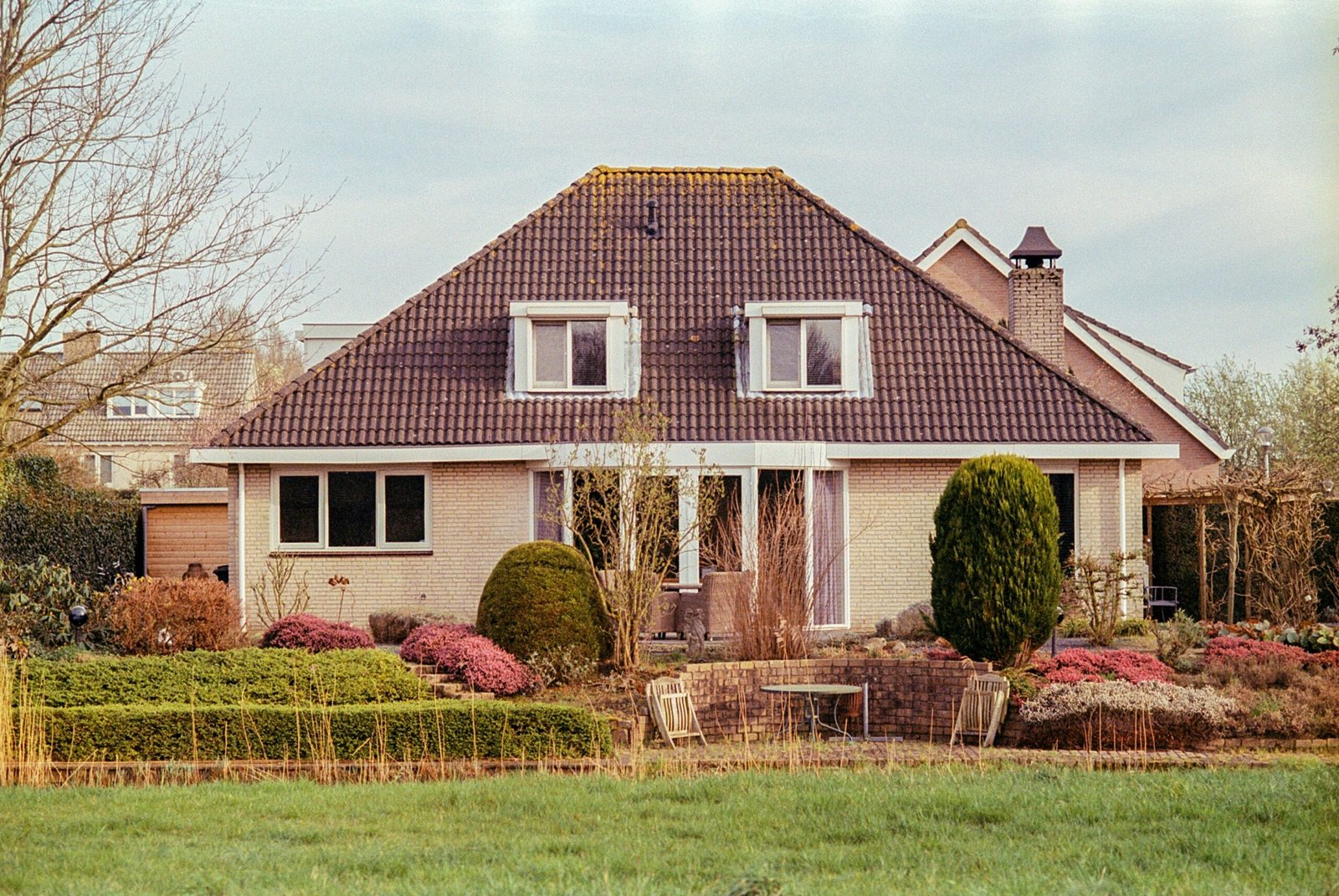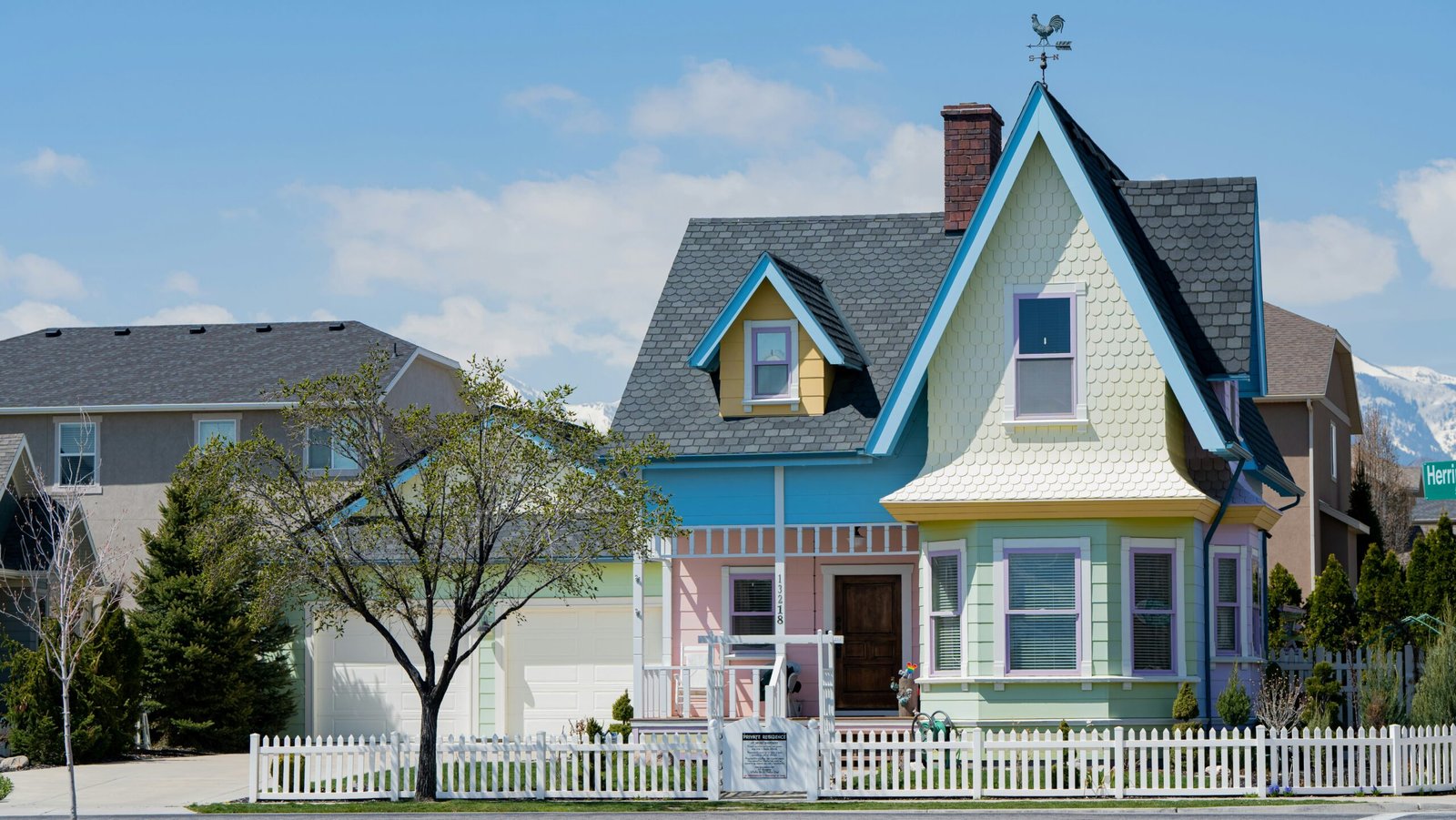It might surprise you, but leaving a home empty—even temporarily—can come with serious risks. Whether you're moving, renovating, selling, or simply between tenants, a vacant or unoccupied home needs specialized protection that standard homeowner insurance may not provide.
So, do you really need insurance for a home you’re not living in? The answer is yes—and here’s why.
The Difference Between “Vacant” and “Unoccupied”
Before diving into coverage, it’s important to understand the difference:
Unoccupied home: The home is furnished and ready for use, but no one is currently living there.
Vacant home: The home is completely empty of personal belongings and not currently in use.
Both carry elevated risks, but vacant homes are especially vulnerable to theft, vandalism, fire, and weather damage—often with no one around to notice until it's too late.
What Does Vacant or Unoccupied Home Insurance Cover?
Standard homeowners policies usually cover homes that are lived in regularly. If your home sits empty for 30–60 days or more, your insurer may deny claims unless you’ve notified them and purchased additional coverage—often referred to as vacant home insurance or an endorsement.
Coverage may include:
Fire and smoke damage
Vandalism and break-ins
Weather-related events (wind, hail, etc.)
Liability protection (in case someone gets injured on the property)
Optional endorsements like Sewer Backup Coverage Repairs
Why Sewer Backup Coverage Repairs Still Matter
Just because no one is living in the home doesn’t mean things can’t go wrong—especially when it comes to plumbing. A burst pipe or a backed-up sewer line can cause thousands in damage, often going unnoticed for days or weeks.
That’s where Sewer Backup Coverage Repairs become crucial. If your home is vacant and a sewer line clogs or backs up due to heavy rain, tree roots, or aging pipes, the cleanup and repair costs are not typically covered under a standard policy unless you've added this endorsement.
This type of coverage can include:
Water and sewage removal
Structural repairs
Mold mitigation and sanitization
Replacement of damaged flooring, walls, or cabinetry
Who Needs Vacant or Unoccupied Home Insurance?
You should consider this coverage if:
Your home is for sale but not yet occupied
You’ve moved out and are waiting to close on a new property
You’re renovating or remodeling and the property is temporarily empty
You own a second home, vacation home, or inherited property
You’re a landlord between tenants
If you’re also concerned about third-party claims or maintenance-related issues during this downtime, general liability insurance may also be beneficial—especially if contractors or inspectors will be accessing the property.
How to Reduce Risks While Your Home is Empty
To keep premiums manageable and reduce the chance of a claim:
Install a monitored alarm and camera system
Keep utilities running to prevent freezing pipes
Schedule regular property check-ins or hire a caretaker
Notify local police if the home will be vacant long-term
Consider adding Sewer Backup Coverage Repairs to your policy
Still unsure? Explore available endorsements and tailored policies by visiting our home insurance service page for expert guidance.
Final Thoughts
Leaving your home empty—even temporarily—doesn’t mean it’s safe from harm. In fact, vacant and unoccupied homes are at higher risk for damage, theft, and costly repairs. The right insurance ensures you're covered during these gaps—and protects your property from financial loss.
So yes, you do need coverage. And yes, you need to be proactive—especially when it comes to essentials like Sewer Backup Coverage Repairs.
